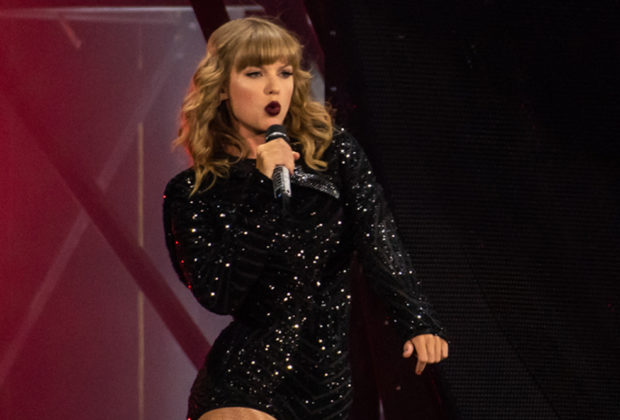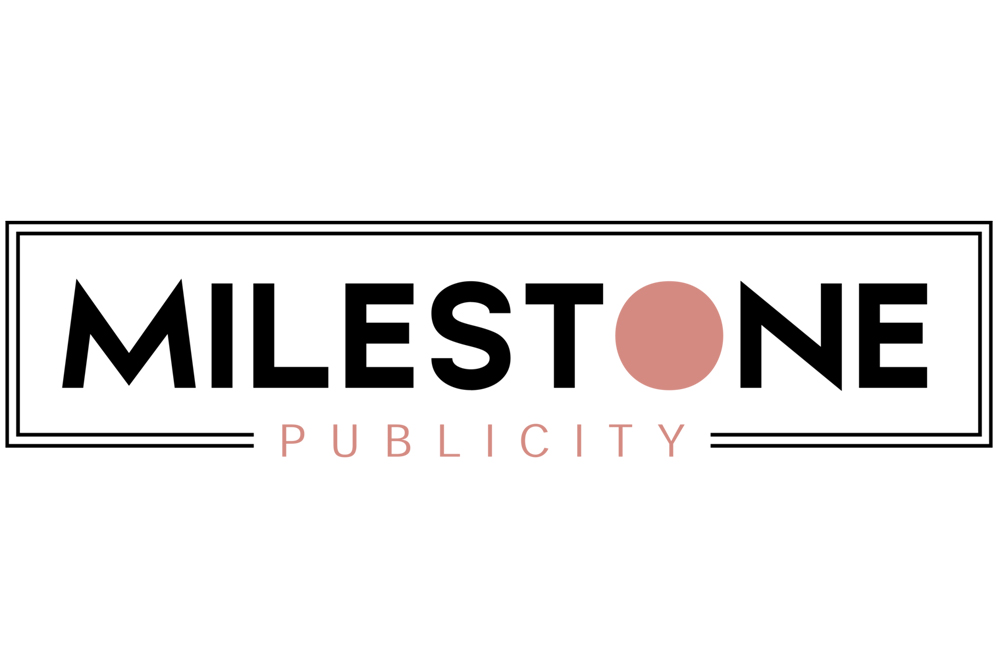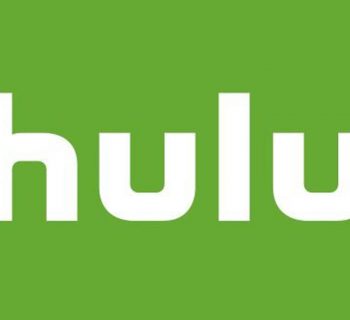On Nov. 19, 2018, Taylor Swift announced she had entered into a new recording contract with Universal Music Group (“UMG”). The new deal provides that UMG will be her exclusive worldwide label. UMG’S Republic Records will be her label in the US.
Swift was discovered when she was 14 by Scott Borchetta. He signed her to his label, Big Machine, when she was 15 and she had been there ever since. Swift’s recording agreement with Big Machine ended on Nov. 10, 2018, so she was available to sign with a new label.
Swift is a ten-time Grammy winner and the youngest-ever recipient of the Grammy for Album of the Year. She announced in an Instagram post that the primary reasons she signed with UMG were twofold:
• She will now own all of her new master recordings;
• She got UMPG to guarantee that all of UMG’s artists will get a bigger share from UMG’s expected sale of its Spotify shares.
Swift stated:
“As part of my new contract with Universal Music Group, I asked that any sale of their Spotify shares result in a distribution of money to their artists, non-recoupable. They have generously agreed to this, at what they believe will be much better terms than paid out previously by other major labels. I see this as a sign we are headed toward positive change for creators––a goal I’m never going to stop trying to help achieve, in whatever ways I can.”
Other details of Swift’s new deal with UMG were not announced.
Why is it important for an artist to own their own masters? The simple answer is that by controlling the masters an artist will have more leverage in future negotiations and will make more money. It should be noted that Swift is a superstar artist at the peak of her career. The vast majority of new artists will not be able to negotiate ownership of their own masters. But here are some pointers:
• One can understand that if the label pays for the recording of the masters, they will think they are entitled to own them. Consider recording your own masters (it’s less expensive than it used to be). This will increase your leverage in negotiations.
• Try to license your masters to the label for a limited period of time, rather than for the entire length of time of the copyright.
• You can attempt to negotiate a provision that the ownership of the masters reverts back to you after a certain amount of time.
As far as guaranteeing that all UMG artists will get a share of the sale of UMPG’s Spotify shares, this is a very unusual provision. Again, Swift has negotiating leverage that almost no other artist has and she has been an advocate for artists’ rights.
When negotiating a recording agreement it is essential that an artist be represented by an experienced music attorney as these contracts are very complex.
This article is a very brief overview of this complex topic and does not constitute legal advice.














